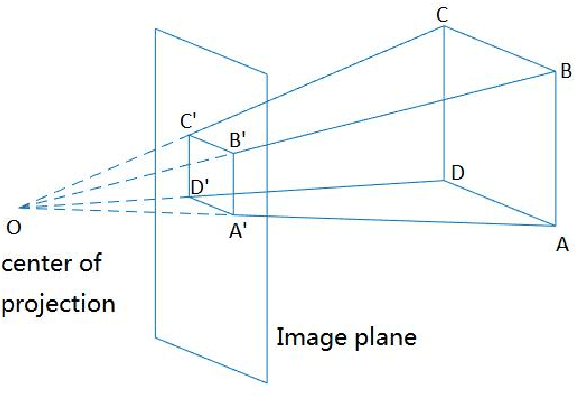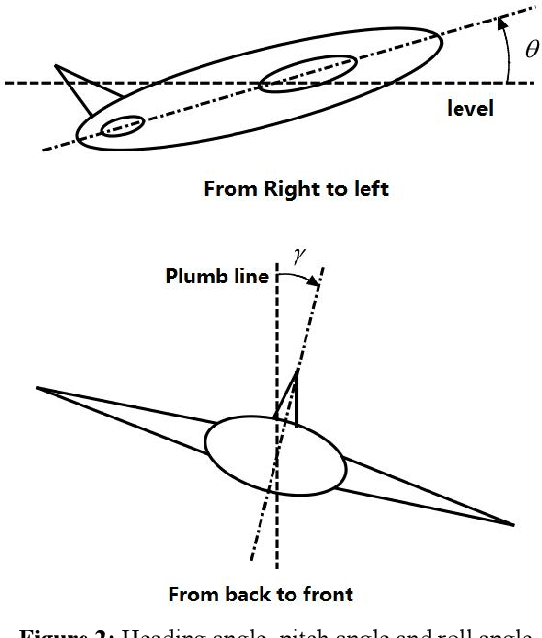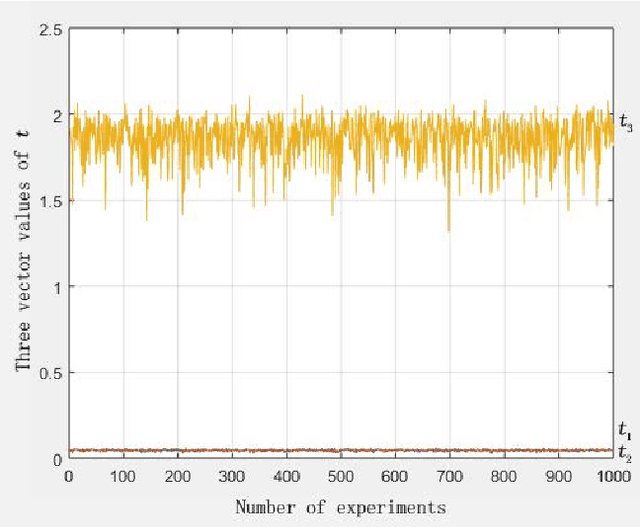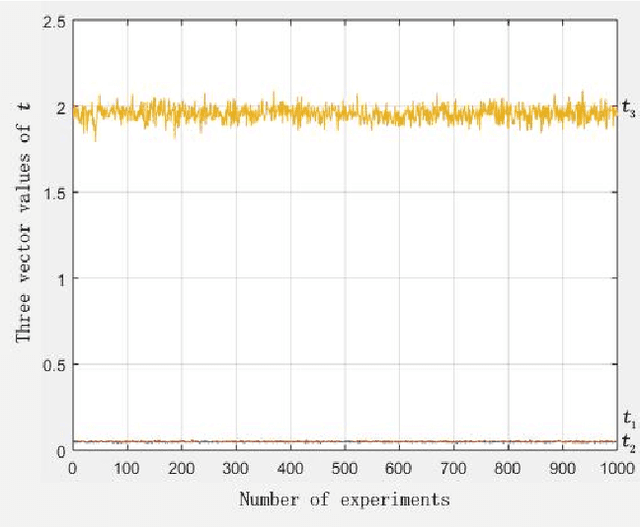Cyber Physical System Information Collection: Robot Location and Navigation Method Based on QR Code
Paper and Code
Oct 05, 2023



In this paper, we propose a method to estimate the exact location of a camera in a cyber-physical system using the exact geographic coordinates of four feature points stored in QR codes(Quick response codes) and the pixel coordinates of four feature points analyzed from the QR code images taken by the camera. Firstly, the P4P(Perspective 4 Points) algorithm is designed to uniquely determine the initial pose estimation value of the QR coordinate system relative to the camera coordinate system by using the four feature points of the selected QR code. In the second step, the manifold gradient optimization algorithm is designed. The rotation matrix and displacement vector are taken as the initial values of iteration, and the iterative optimization is carried out to improve the positioning accuracy and obtain the rotation matrix and displacement vector with higher accuracy. The third step is to convert the pose of the QR coordinate system with respect to the camera coordinate system to the pose of the AGV(Automated Guided Vehicle) with respect to the world coordinate system. Finally, the performance of manifold gradient optimization algorithm and P4P analytical algorithm are simulated and compared under the same conditions.One can see that the performance of the manifold gradient optimization algorithm proposed in this paper is much better than that of the P4P analytic algorithm when the signal-to-noise ratio is small.With the increase of the signal-to-noise ratio,the performance of the P4P analytic algorithm approaches that of the manifold gradient optimization algorithm.when the noise is same,the performance of manifold gradient optimization algorithm is better when there are more feature points.
 Add to Chrome
Add to Chrome Add to Firefox
Add to Firefox Add to Edge
Add to Edge